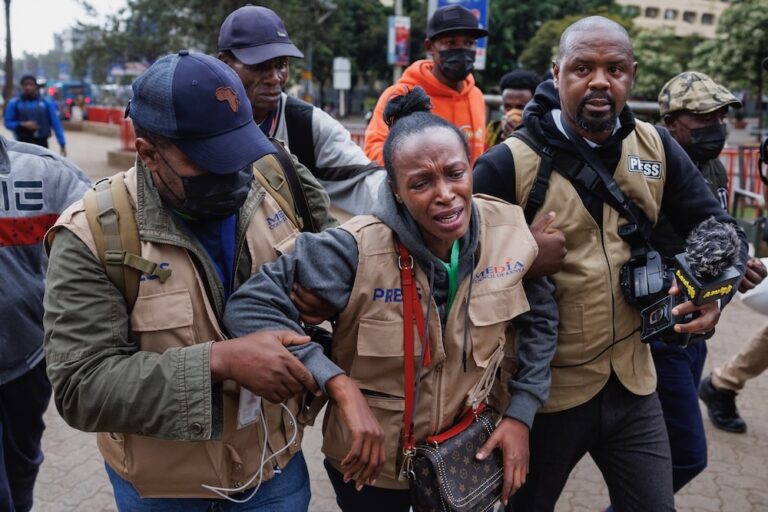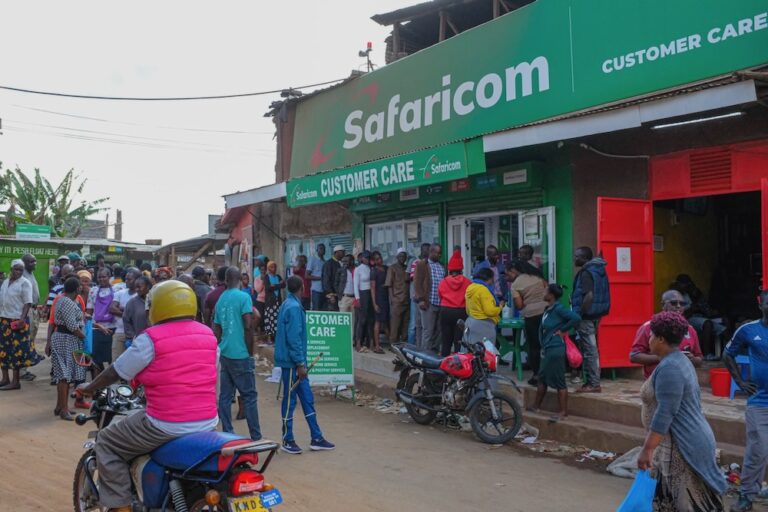(AFMF/IFEX) – “Standard” newspaper journalist Elizabeth Kwamboka has been ordered by a Nairobi court to appear before it to reveal the source of a story she filed under the title ”Deya Miracle Babies to be adopted by German couple.” The court ruled that journalists should be compelled to disclose the source of their stories because […]
(AFMF/IFEX) – “Standard” newspaper journalist Elizabeth Kwamboka has been ordered by a Nairobi court to appear before it to reveal the source of a story she filed under the title ”Deya Miracle Babies to be adopted by German couple.”
The court ruled that journalists should be compelled to disclose the source of their stories because their code of conduct is not recognised in law. Magistrate Felix Kombo, on Friday 28 July 2006, said journalists’ code of conduct and ethics had no legal foundation and hence cannot be a defence for refusing to reveal the sources of their stories.
The ruling arose out of an application by prosecution and defence lawyers in a case involving Bishop Gilbert Deya, of the Deya Ministries International, who claimed some women he had prayed for had given birth to what he described as miracle babies. The story appeared in the “Standard” in June 2006.
According to the story, one of the ”miracle babies” at the Nest Children’s Home, who is a subject of a court case, had been given to a German couple.
Both the defence and prosecution wanted the journalist to clarify whether the child the journalist was referring to was Bishop Deya’s or not.
This move was objected to by Standard Media Group lawyer Crispine Odhiambo, on the grounds that journalists are not supposed to disclose the source of their stories due to their professional code of conduct. The magistrate said, ”I don’t think this court is bound by the code of conduct and ethics of any organisation in exercising its functions, unless such codes are already certified into law.”
In Kwamboka’s case, the magistrate noted that no certified code of conduct was presented to the court. ”If that was the intention, there would have been a clear privilege inserted in the Evidence Act on the issue and as it stands none exists,” the magistrate ruled. He further said the court held the view that journalists did not need such a privilege as they must always be fair and accurate in their reporting. He added that journalists cannot expect to seek refuge behind a code of conduct.
Immediately after the ruling, Kwamboka’s lawyer said he would file a constitutional challenge of the decision. The case is scheduled for hearing on 31 August 2006, when the Standard Group is expected to argue why it should be referred to the High Court for the constitutional challenge.


